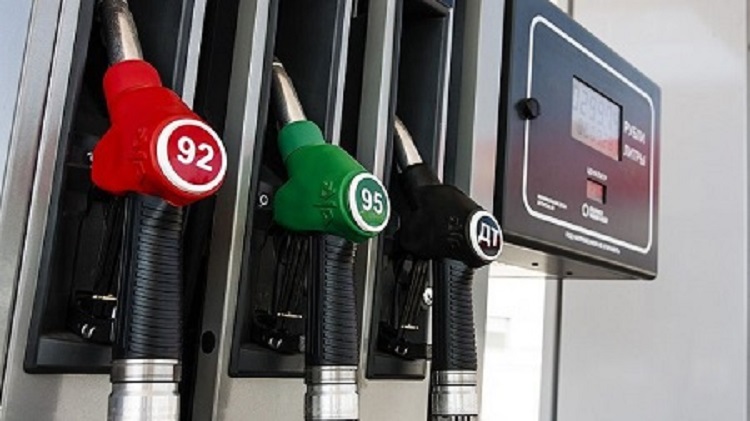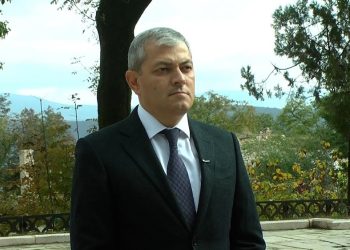Azerbaijan is set to begin meeting investors on Thursday as it attempts to raise $2bn on international markets to fund its flagship energy project amid an economic crisis triggered by the fall in oil prices.
 The state-owned Southern Gas Corridor Company (SGCC) has hired UniCredit, Citi and JPMorgan to arrange a roadshow starting in London ahead of a planned US dollar-denominated bond that will be guaranteed by the state, people familiar with the matter told the Financial Times.
The state-owned Southern Gas Corridor Company (SGCC) has hired UniCredit, Citi and JPMorgan to arrange a roadshow starting in London ahead of a planned US dollar-denominated bond that will be guaranteed by the state, people familiar with the matter told the Financial Times.
With Russia, Argentina, Turkey and South Africa all planning sovereign bond sales, Azerbaijan could be one of the first developing countries to take advantage of the rally in emerging market assets on the back of the recent bounce in oil prices and central bank stimulus programmes in developed markets.
Azerbaijan’s bond roadshow comes after a tumultuous period for the oil-rich country’s economy. The central bank abandoned its dollar peg in late December, triggering a devaluation of the manat by nearly a third overnight and prompting sporadic protests around the country.
Baku also discussed a possible financing package with the IMF and World Bank, although government officials have insisted the country, with more than $30bn in its sovereign wealth fund, has no need for a bailout.
Nonetheless, the three largest rating agencies have cut Azerbaijan’s credit rating to junk in the past six weeks and warned that the country will face its first year of recession since the 1990s, with Fitch anticipating a 3.3 per cent contraction in real GDP.
The $45bn Southern Gas Corridor project, which would deliver Azerbaijani gas directly to Europe for the first time, is Baku’s flagship programme and a foreign policy initiative.
But with the SGCC — which is 51 per cent owned by the government and 49 per cent by state oil company Socar — due to contribute about $12bn of the project’s costs over the next three years, Baku has been seeking new sources of financing.
“The collapse in oil prices is a disaster for Socar,” said Livia Paggi, a Central Asia and Caucasus analyst at risk consultancy GPW, arguing that the company may struggle to finance its share of the project.
The push for financing has been complicated by protests from non-governmental organisations, which have raised concerns over Azerbaijan’s human rights record and the environmental implications of the project.
Nonetheless, bankers and investors said they expected demand for the bond to be strong.
Azerbaijan has sold only one sovereign bond in international markets, a benchmark 10-year bond issued at the height of the emerging market debt boom in 2014.
Prices for the bond dropped sharply in the first two months of this year, sending the yield up 1 percentage point to 6.7 per cent, as oil prices fell to multiyear lows.
However, Anthony Simond, investment analyst at Aberdeen Asset Management, said the country was regarded as an attractive credit investment, pointing out that the yield had since fallen back to 5.7 per cent.
“Azerbaijan has been through difficulties given the price fall in oil and the conflict on its doorstep,” he said. “It has been downgraded by credit rating agencies from investment grade to high yield too, but it has a sovereign wealth fund that provides a backstop. We think that if oil prices stabilise where they are now at $35 to $40 per barrel then the country should be OK.”
“There’s a lot of appetite for Azeri debt,” added one banker, who is not involved in the deal. “Everyone I’ve seen in the last week or two are overweight Azerbaijan,”- reported http://www.ft.com.











